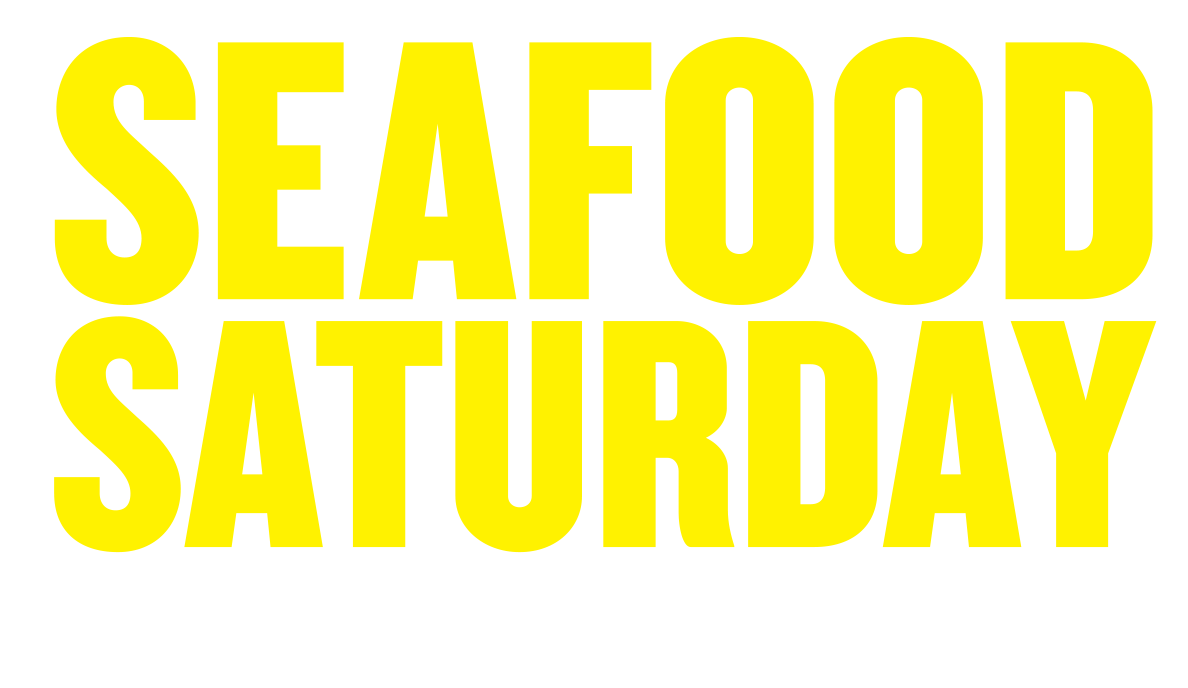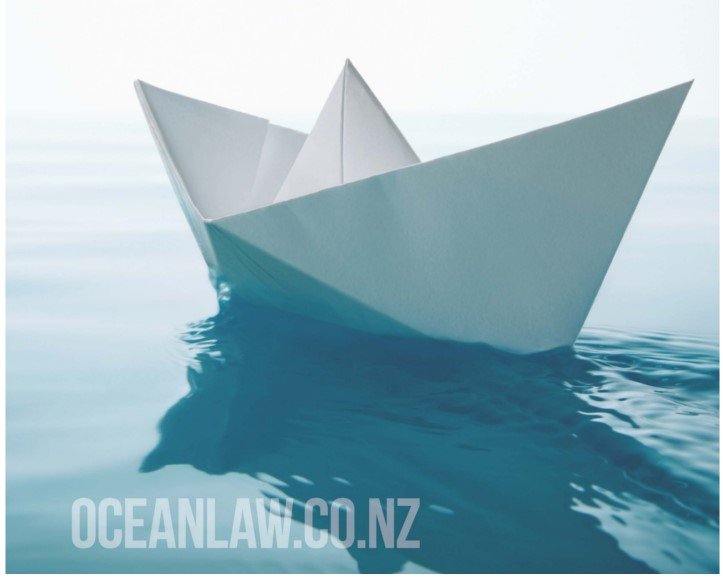Maritime law is more than just fish
If you’re a lawyer at Oceanlaw New Zealand, don’t expect to spend every day behind your desk.
Based in Nelson, the country’s biggest fishing port, the specialist legal service covers the vast expanse of maritime law, helping clients the length and breadth of the country with issues related to fisheries, resource management, aquaculture, export and trade, application of Te Tiriti o Waitangi and more.
Founder Mike Sullivan, who started Oceanlaw 25 years ago, loves the constantly shifting legal landscape of maritime law.
“All those involved in the fishing or aquaculture industries know the complexity of the issues and problems that must be faced,” he says.
“That’s why Oceanlaw prides itself on marshalling the appropriate level of skills and resources to meet every aspect of clients’ needs – whatever the size of the issue or level of complexity.
“A lot of people look at it and say, it’s all about fish. It’s got very little to do with fish. When you are practising in this area of law you tend to run up against all aspects of law. You’re running up against criminal law, public law, contract law, equity law, commercial law…the whole range, because it involves quite significant battles and competing public and private sector interests.”
Over the years, Oceanlaw has deployed an experienced team who are just as boots-on-the-ground and committed to the cause as Mike. One day they may be in the office; the next, on a ship talking to its captain and the following before a Select Committee.
“One day I had a call to represent a client who took a waka across a sand bar which capsized, and the next day it was a large fishing boat that caught fire and I acted for New Zealand’s largest fishing insurer,” says Partner Hamish Fletcher, who has over 20 years practice in fisheries and maritime law under his belt.
Partner Justine Inns joined Oceanlaw after working with Ngāi Tahu on the iwi’s Treaty of Waitangi Claim settlement. These days, her work focuses on fishing industry issues and varied Māori marine and aquaculture commercial enterprises, which she says means “applicants will all be in the same water space, so we have to ensure all is in place so this can happen smoothly.”
Partner Karyn van Wijngaarden recalls, “On my first week with the firm I was sent down to the dry dock in Lyttelton to clamber around a ship relevant to a case. My father is a master mariner, so all I’ve ever wanted to do with my law degree was marine law.”
So, no, it’s certainly not just fish.
Parts of this story ran in the March 2017 issue of LawTalk magazine.

